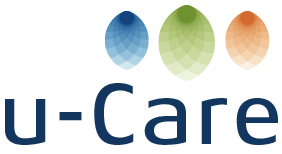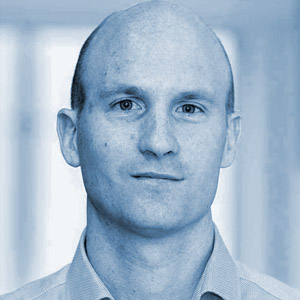Paul is a Reader and Honorary Consultant Neurosurgeon at the University of Edinburgh and NHS Lothian. He combines molecular, epidemiology and clinical investigation to guide rationale innovation and improve patient care. He uses this strategy to improve diagnosis, treatment and outcomes for people with brain tumours or traumatic brain or spinal injuries.
I was ready to find out what Paul’s journey had been like and peek inside his brain to see what makes him an excellent neurosurgeon.
Carla: What made you want to become a neurosurgeon, to do neurosurgery as a career?
Paul: Two things. I realised that discovery-based science, applied to people, could be done as a clinician.
Discovery-based science is a methodology that emphasises analysing data to find patterns/correlations and form a hypothesis or scientific methods based on that.
Before I realised I could do this as a clinician, I thought of just doing science. I saw that clinical neuroscience combined the rationale of anatomy and molecular science. It had a sort of engineering/structural side that appealed to me as much as the underlying science. So, once I decided to do medicine, I always wanted to be a surgeon, and the two became hand-in-hand.
Carla: What’s been your proudest moment so far?
Paul: I’m not sure I do ‘proud’. In academic surgery, in terms of accomplishments, getting to combine tumour surgery and research as a job is high up on the list. It’s quite a niche career choice, so I’m grateful I have been able to do this, especially in a city like Edinburgh, where I can benefit from the hospital’s strength and surrounding universities.
Carla: What’s your favourite part of your job?
Paul: Operating! All the other components of the work are essential and enjoyable. Especially meeting patients and their families. But incising the surface of the brain, locating the tumour, and removing it without impairing the surrounding brain, that’s what it’s all about.
Carla: Finally, if you had any advice to give to young scientists – what would it be?
Paul: Don’t assume that other scientists are correct. Many apparent certainties in science are soon proven incorrect. So, if you’ve seen an opportunity, go about investigating it rationally.

